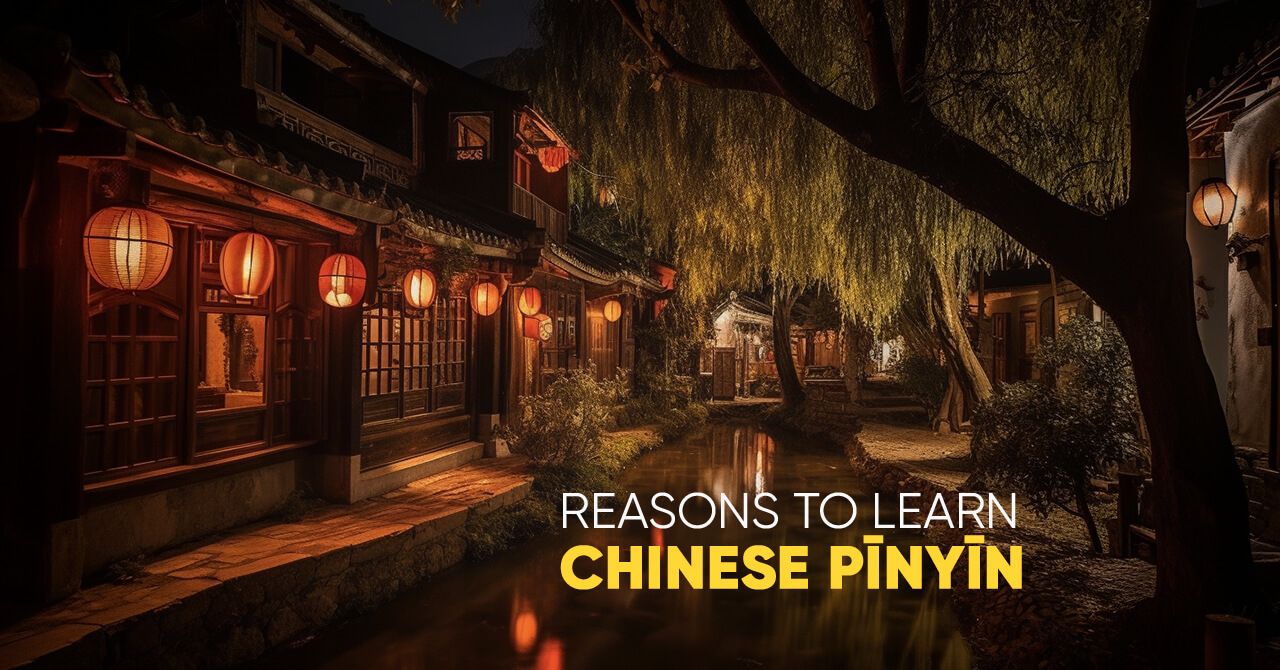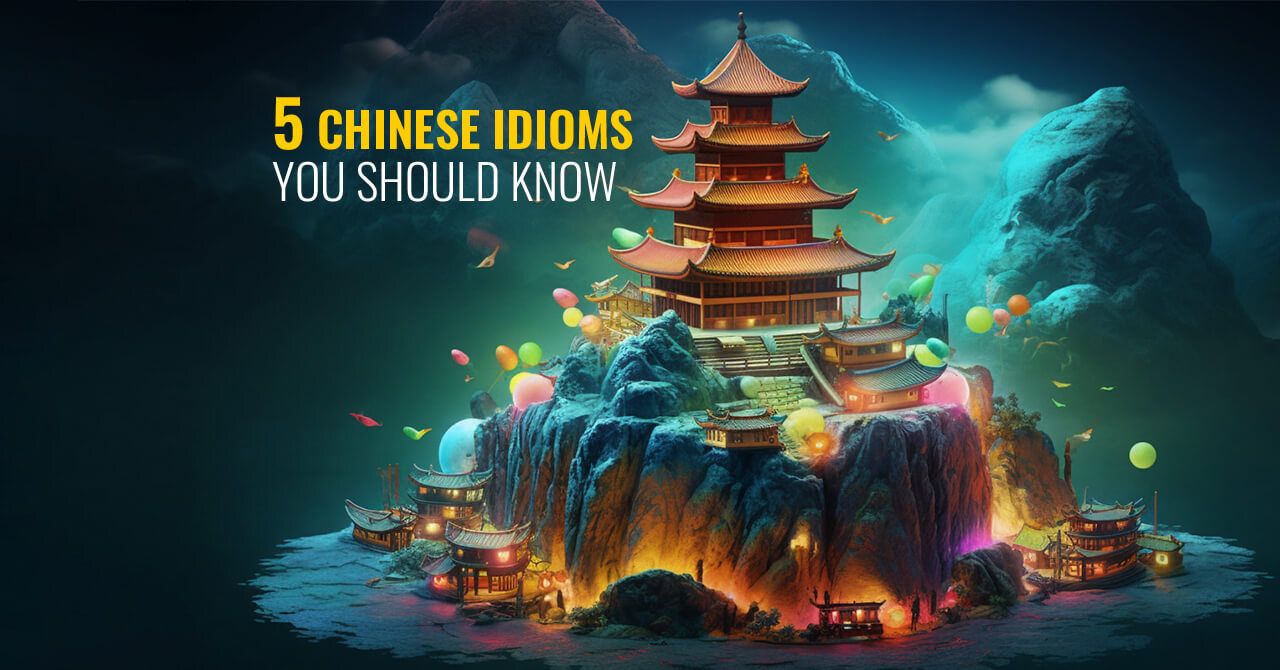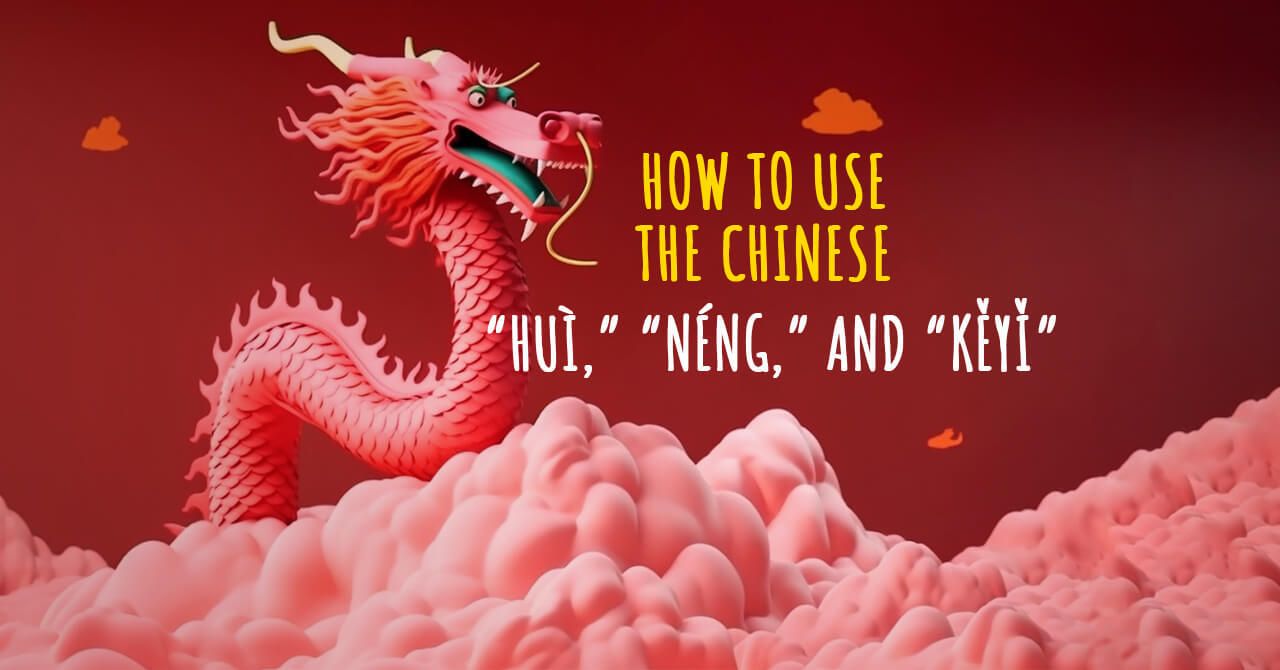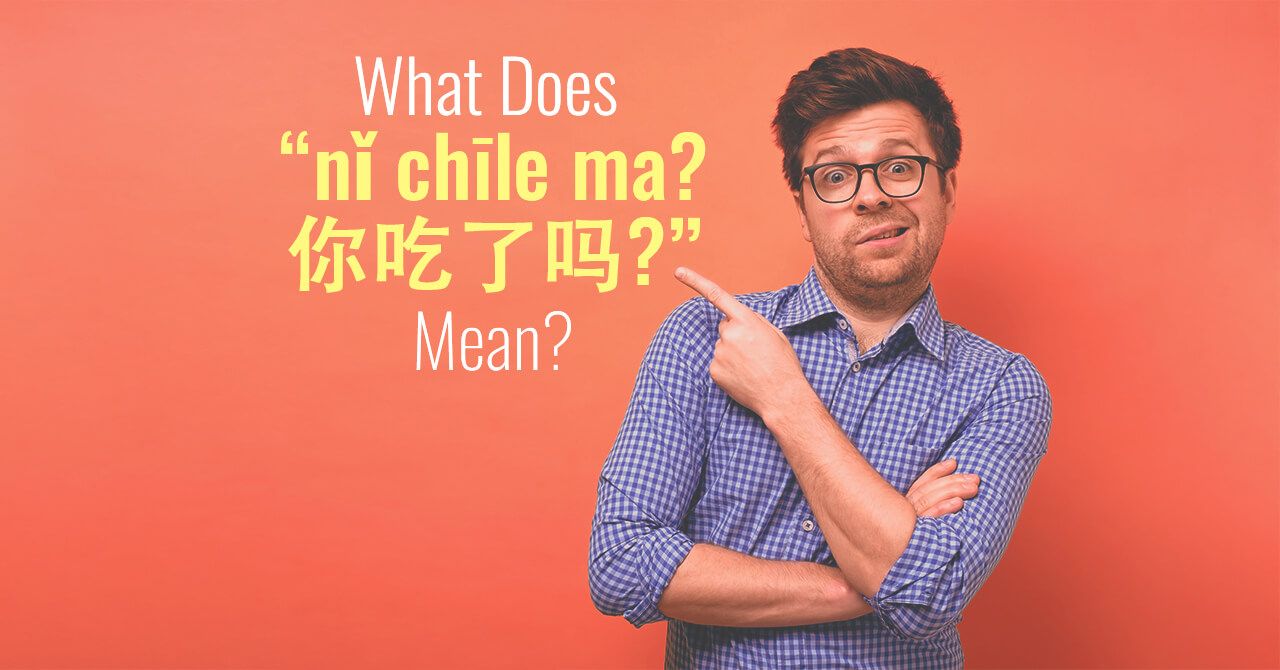Chinese
Here you'll find many helpful articles for Chinese learning with tips and advice, some rules, and phrases.

The Practical Significance of Learning Chinese Pīnyīn Well
Here are some reasons why mastering Chinese Pīnyīn is crucial for learners.

Here Are 5 Common Chinese Idioms to Make Your Chinese Authentical
1. 车水马龙(chē shuǐ mǎ lóng) means: chē rú liú shuǐ mǎ rú yóu lóng yì bān 车 如 流 水,马 如 游 龙 一 般, xíng róng rè nào fán huá de jǐng xiàng 形 容 热 闹 繁 华 的 景 象。 Cars move like the flow of water, and horses are like the moving dragon. It’s to describe the view of the bustle with cars and people. 例句 lì jù(Example): wǒ xǐ huan dū shì de chē shuǐ mǎ lǒng * 我 喜 欢 都 市 的 车 水 马 龙 (I like the busy image in metropolis.) 2. 千载难逢(qiān zǎi nán féng)me

How to Use the Chinese “huì,” “néng,” and “kěyǐ” in Real Life?
The three modal verbs “huì,” “néng,” and “kěyǐ” are all often translated as “can” in English. Sometimes they are explained as follows: “huì” means “know how to,” “néng” means “to be able to,” “kěyǐ” means “to have permission to.” This is a useful way of thinking about them, but in reality, their usage does overlap somewhat. “Huì,” “néng”- Ability in the sense of “know how to” huì yóu yǒng\néng yóu yǒng Both means can swim. huì kāi chē\néng kāi chē Both means can drive huì shuō yīng y

How to Express Negative Emotions in Chinese
Now let’s talk about 5 Chinese expressions for negative emotions.

Initials in Mandarin Sound Like Letters in English
Let’s check how to pronounce some sounds in Chinese

What Does “nǐ chīle ma?你吃了吗?” Mean ?
Don’t feel awkward and nervous if Chinese people ask you “ 你吃了吗?” and you can reply to them “ 吃了.”(I have eaten.) with a warm smile.

What do You Learn Chinese For?
As a teacher, I respect and encourage my students to read whatever books they want, and I will try my best to assist them to be able to read.

How to Distinguish between “的,” “地” and “得” in Chinese
“的,” “地” and “得” are the three most common structural particles in Chinese, and they are all pronounced as “de,” so it is difficult for many Chinese learners to distinguish them, and even many Chinese students can not distinguish them correctly.